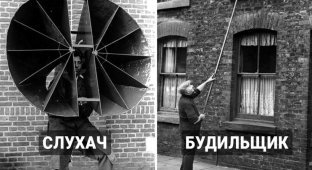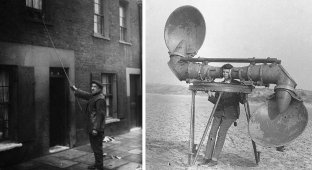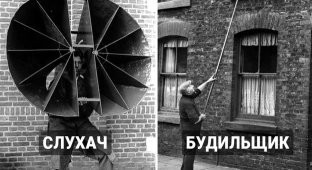The Middle Ages are a fascinating era, shrouded in mystery. And they were a time not only of knights and castles, but also of completely unbelievable professions. Society then required highly specialized (and sometimes frankly strange) workers, without whom a city or village simply could not exist. 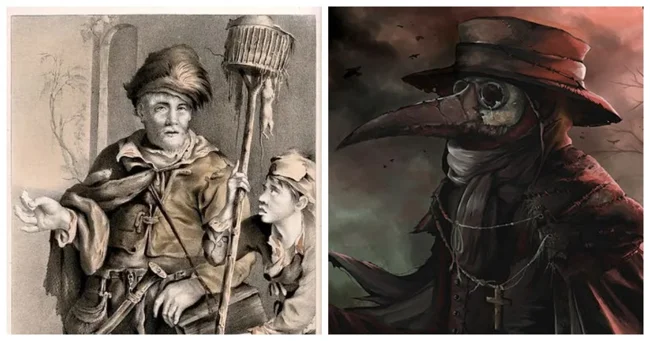
From rat catchers to night gold miners, this list contains the most outlandish occupations of the past. Some will cause laughter, others - a slight shock, but they all show how inventive (and patient) people of those times were.
1. Leech Collector 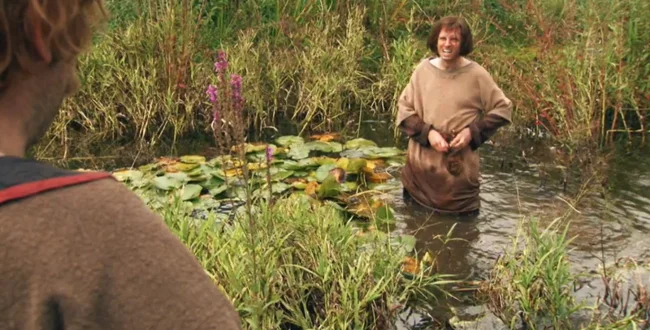
Imagine the job: barefoot through the swamps, with a bucket of slimy leeches - this was a typical day for a leech collector in the Middle Ages. These "living syringes" were in great demand: doctors believed that bloodletting could cure all diseases. It was quite risky due to dirt, infections and bites from the leeches themselves, unsightly, but important, since no medieval hospital could do without leeches.
2. Cesspool cleaner 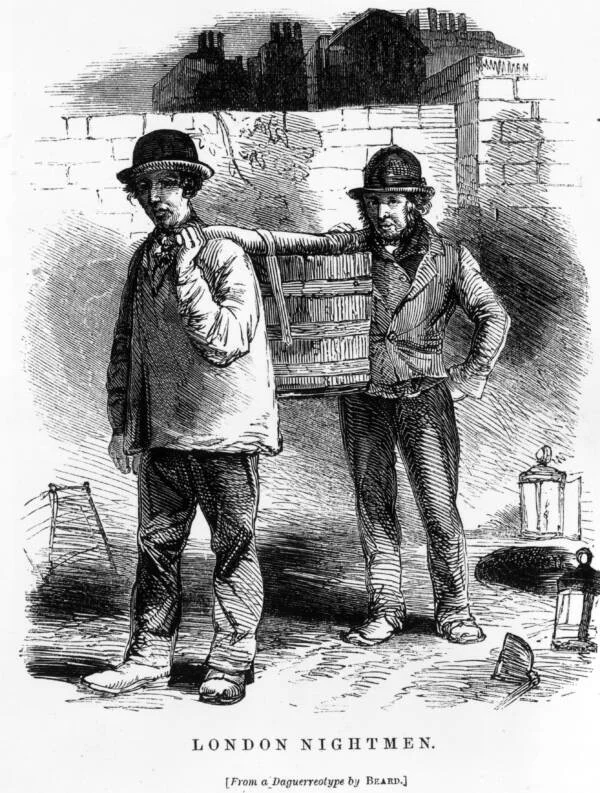
On dark nights, when the city fell asleep, gold miners would take to the streets — people with the most unsightly, but vitally important jobs. Their mission? To clean out cesspools and outdoor toilets, saving cities from unsanitary conditions and epidemics. It was hellishly difficult for obvious reasons, and such people became outcasts, but there was no way around them either: plague and cholera would mow down cities even more often.
3. Rat Catcher 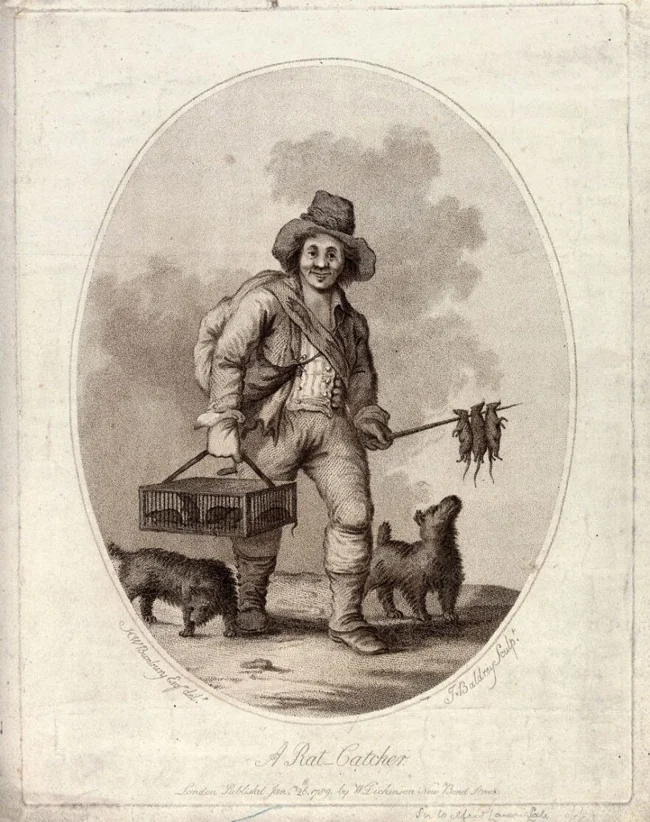
In an era when cities were swarming with rodents, these fearless men were the last barrier between residents and deadly epidemics. Rat Catchers were the unsung but vital protectors of medieval streets. They mixed poisons, set ingenious traps, and hunted for plague carriers at night. Their job was a deadly balancing act, as they risked becoming infected with the very thing they were saving others from every day.
4. The Alchemist 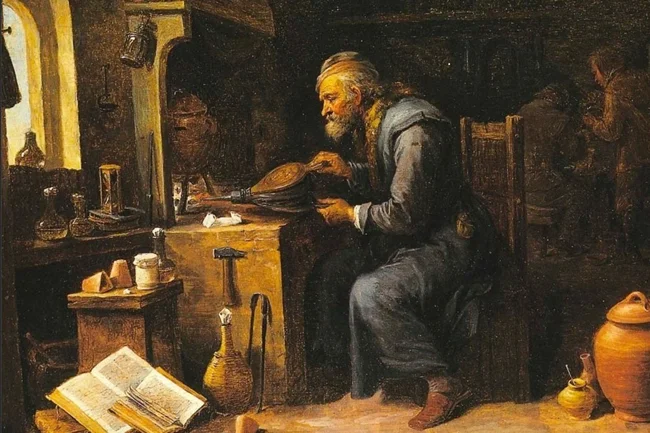
In smoky laboratories, these half-scientists, half-magicians worked miracles, trying to uncover the main secrets of the universe. Alchemists are strange figures in fluttering robes, whom their contemporaries respected and feared in equal measure. They mixed mercury with sulfur in pursuit of the philosopher's stone, searched for the elixir of immortality between tasting dangerous potions, and invented innovations, often without realizing the importance of their discoveries.
5. Plague Doctor 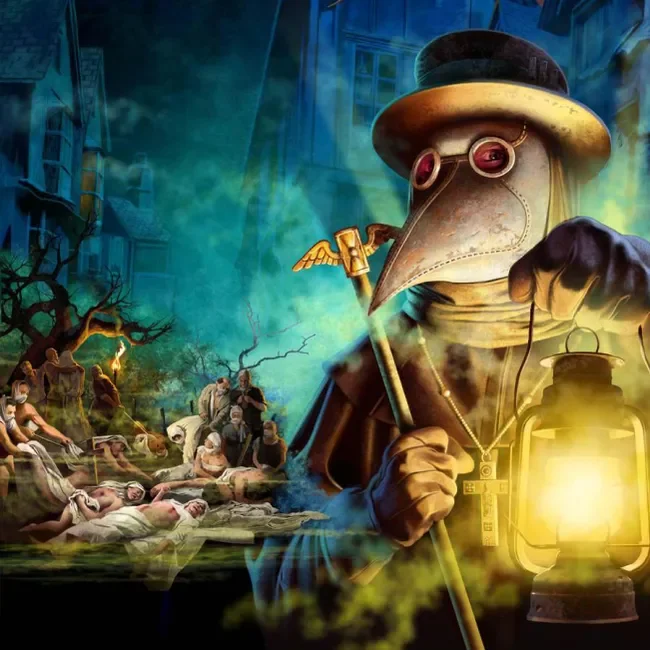
When the Black Death mowed down entire cities, eerie figures in beaked masks appeared on the streets - the last hope of the desperate. Plague doctors, more like demons than doctors, became witnesses to the most terrible medieval nightmare.
Their leather cloaks and beaked masks, stuffed with aromatic herbs, were supposed to protect against miasma - stinking fumes, which were believed to be the cause of the disease. The doctors' arsenal included bloodletting, cauterization and strange potions that killed more often than they cured.
6. The Whipping Boy 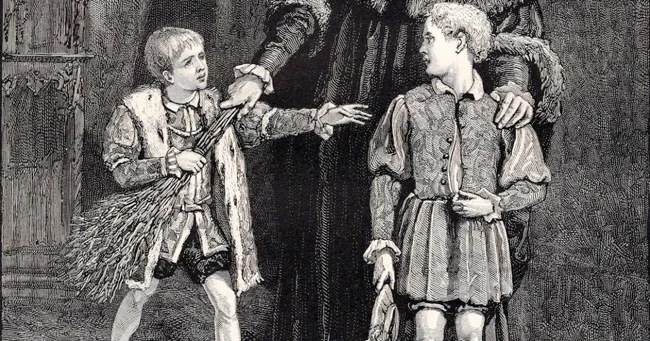
At the courts of medieval monarchs there was a strange, but logical for that time position - the whipping boy. This unfortunate child was literally the shadow of the prince: he studied with him, played with him, but most importantly - he received a spanking for every offense of the heir. The royal person could not be subjected to corporal punishment - this was considered blasphemy. But it was possible to beat his childhood friend, so that the prince would feel ashamed. It was assumed that the sight of his comrade's suffering would teach the heir to behave decently.
The poor boys lived in constant fear, because any prank of the prince meant a painful execution for them. Sometimes the system worked, but more often it simply cultivated in the future kings a complete indifference to the pain of others.
7. The Sin Eater 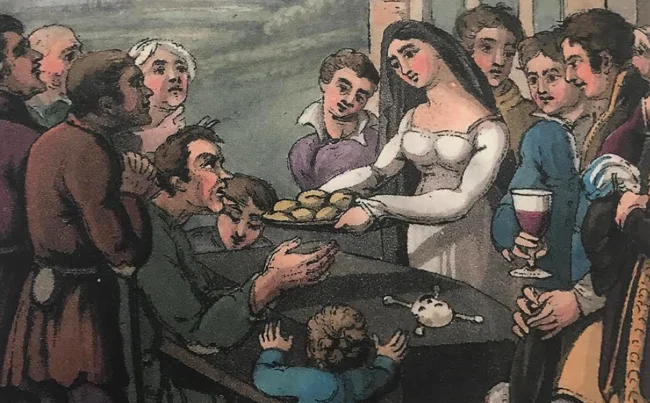
In the remote villages of medieval Europe, a gloomy figure appeared, without which funerals could not do. The Sin Eater is a ghostly man whose job was to literally eat other people's sins.
Bread and salt were placed on the chest of the deceased, or a bowl of soup was placed. The invited specialist ate this food, taking all the sins of the deceased. It was believed that after this the soul could freely enter heaven.
Their services were generously paid, but the Devourers themselves were avoided like lepers. They lived on the outskirts, were feared and despised, but at the hour of death they were called first. The last known case was recorded in Wales in the 19th century.
8. Jester 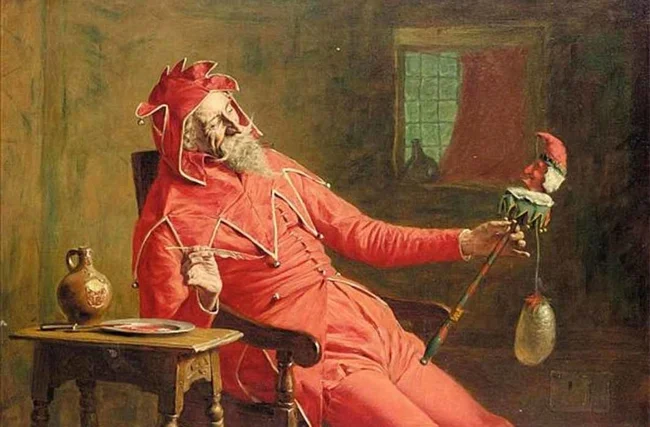
Behind the sharp jokes and stupid caps hid one of the most influential positions at court. The royal jester was the only person who was allowed to tell the monarch the bitter truth, covering it with laughter. He had the right to ridicule kings and courtiers without fear of punishment, had access to any chambers - from the royal bedroom to the throne room and the opportunity to express in verses and puns what others lost their heads for.
Their jokes balanced between entertainment and mortal danger. A successful witticism could bring gold, an unsuccessful one - whips, exile or death. The most talented jesters became confidants of monarchs, turning foolishness into a real art.
9. Barber-surgeon 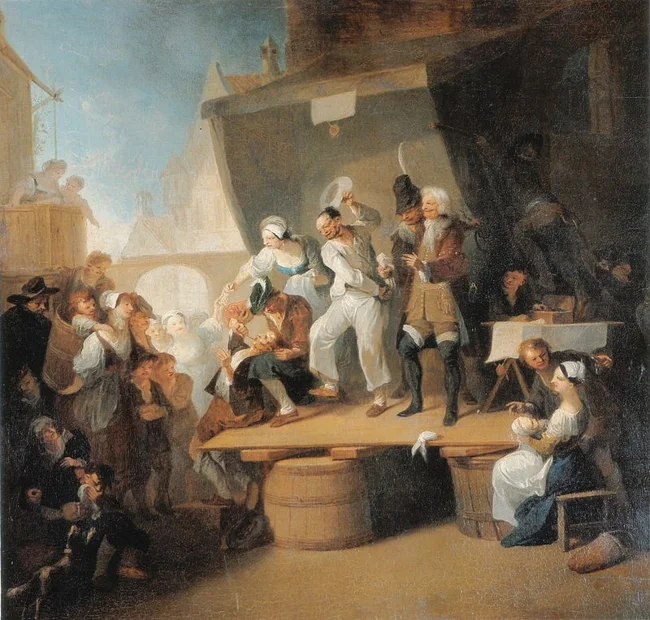
In medieval cities, red and white barber shop signs meant not only haircuts, but also... amputations. The barber-surgeon is a universal master, equally deft with a razor and a scalpel.
A universal specialist, because he shaves beards and cuts wigs, removes teeth, applies leeches and amputates limbs, disinfecting the instruments... in the same bowl where they washed combs. Their red and white poles, symbolizing blood and bandages, became the first medical signs. Without anesthesia or sterilization, they performed operations that would make modern surgeons faint.
These self-taught men, ridiculed by university doctors, saved more lives than certified doctors. They laid the foundations of field surgery, proving that sometimes bold and crazy practice is more important than Latin treatises.
10. Beer Taster 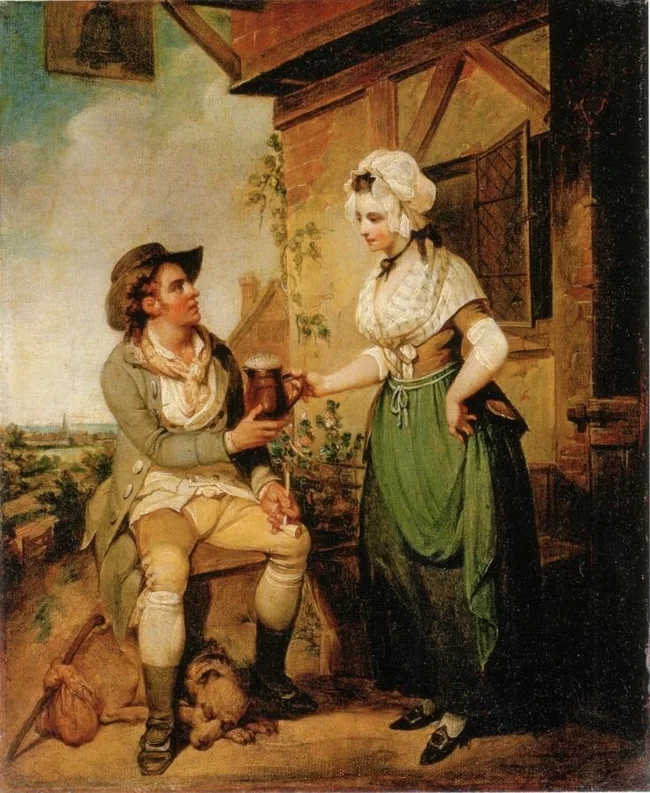
In an era when beer was considered safer than water, a profession appeared that many dream of today - beer inspector. These specialists in leather aprons constantly walked around taverns.
His duties included testing each new batch of ale. They had the right to fine unscrupulous brewers who diluted the drink with water, and had the unofficial status of the most popular people in the city.
The working day ended either with a hefty fine in their pocket, or... under the bench. But for the sake of an important mission - to protect the townspeople from watered-down swill - these heroes were ready to sacrifice sobriety.
Add your comment
You might be interested in:













